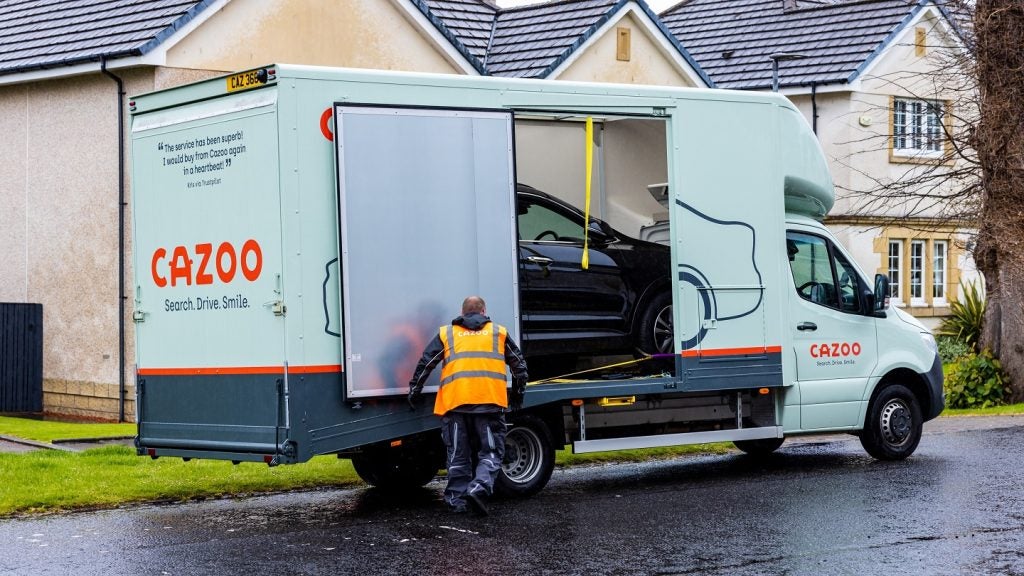Brian Rogerson finds out how funders’ policies on commission
debit-backs from dealers are changing in an uncertain economic
climate
As the economic cycle continues downwards, UK automotive lenders
are beginning to examine more closely their motor dealer retail
packages. First adjustments started some months ago with requests
for larger deposits, shorter periods and higher rates. More
recently lenders have noticed the imbalance between falling retail
finance levels and unpaid debit-back of commission.
With diminishing new-business levels comes the tendency for
dealer commission statements to fall into the red – and the
inevitable need for lenders to collect outstanding balances.
The need to outsource
It has been such a long time since most lenders have had to
seriously address themselves to collecting debit balances that many
have lost the necessary skill. Locally-based representatives of
automotive lenders are far fewer on the ground than previously and
a general manager’s letter demanding payment does nothing for
crucial lender/dealer relations.
As a consequence some lenders are outsourcing the task to a
select few specialist companies. One organisation with vast
experience in the collections sector is law firm Shoosmiths, where
the collections team, part of its lender services division, is
headed up by Gill Payne.
How well do you really know your competitors?
Access the most comprehensive Company Profiles on the market, powered by GlobalData. Save hours of research. Gain competitive edge.

Thank you!
Your download email will arrive shortly
Not ready to buy yet? Download a free sample
We are confident about the unique quality of our Company Profiles. However, we want you to make the most beneficial decision for your business, so we offer a free sample that you can download by submitting the below form
By GlobalDataPayne comes with an extensive career background with British
Credit Trust, GMAC and GE Capital. She tells Motor Finance that one
principal client is GE Money which has outsourced the task of
collections to Shoosmiths.
While clawing back commissions is normal practice within the
industry, as well as part of the agreed terms and conditions
between dealer and GE Money, many dealers have proved reluctant to
repay the amount due.
She explains: “Added up, all those commission payments are a
significant sum, and clients are now seeking help to claw them back
from dealers who are refusing to pay, particularly as in the
current economic climate more people find they are unable to keep
up car finance payments.”
Payne’s team doesn’t just collect the debt. “We really have to
understand the client’s business too,” she says, “in that some
accounts will be rolled up into new business – and that’s something
that has undoubtedly helped us win this work.”
Litigation against a dealer to collect the debt is very much a
last resort. “If a dealer gives an indication that levels of new
business will shortly repay the debit then we are always willing to
listen to any sound proposition that will satisfy the business
needs of our client and their customer.”
Payne stresses that her team is fully geared up to cope with
growing demand for its services – and many team members have
hands-on experience working with finance companies. She is
anticipating a busy time ahead as the economic downturn hits the
automotive industry harder.
The terms they are a-changin’
The recent changes to the Consumer Credit Act and the way that
settlements are calculated following the Consumer Credit (Early
Settlement) Regulations 2005 have all impacted on lenders’
revenues.
It has been estimated that costs under the latter regulation
have meant a shortfall for UK lenders of between £120 and £160 per
finance agreement. The options for lenders were either to increase
the net rate structure to dealers’ retail packages, or to match
commission paid to the period of the agreement. In the event most
lenders seem to have opted for the latter route.
A “generous” debit back policy between lender and supporting dealer
may now consist of the following clauses:
- commission deemed non-debitable once six payments are made
under an agreement - total commission repayable if an agreement falls three months
in arrears - total commission repayable if write off occurs as a result of
fraud or misrepresentation, if the customer terminates the
agreement or where no payments are received within the first 60
days of the first payment date.
It remains to be seen how these altered terms will affect the
dealer sector in the long term – especially with dealers’ average
margins as razor-thin as at present. With income from finance and
insurance meaning the difference between profit and loss for many
dealers, it is unlikely that changes to the way commission
debit-backs are managed will be welcomed by beleaguered retailers,
and funders will have to tread carefully in order not to damage
relationships with dealers beyond repair – while still making sure
they reclaim their rightful due.
Motor Finance Issue: 45 – July 08
Published for the web: July 25 08 11:52
Last Updated: July 25 08 11:59







